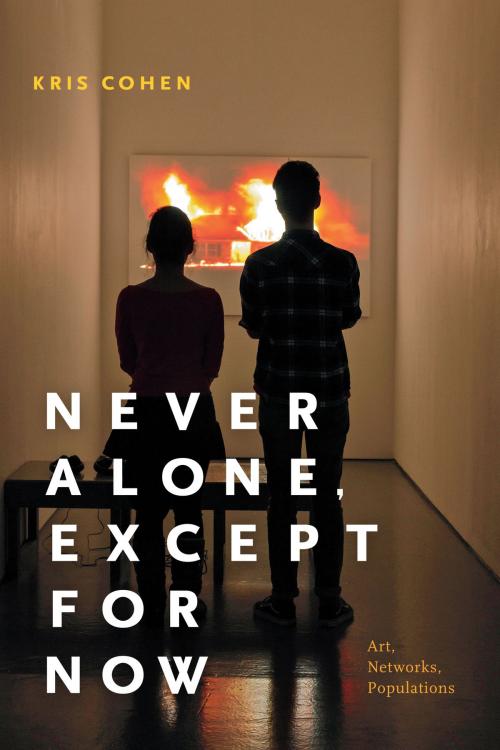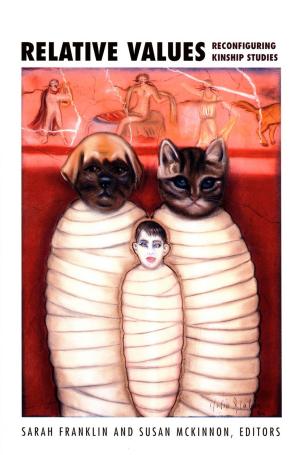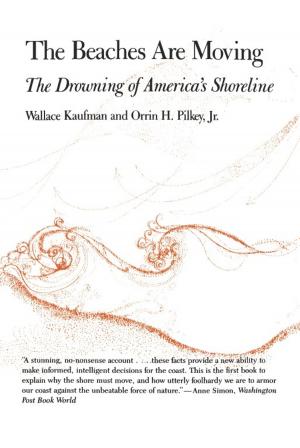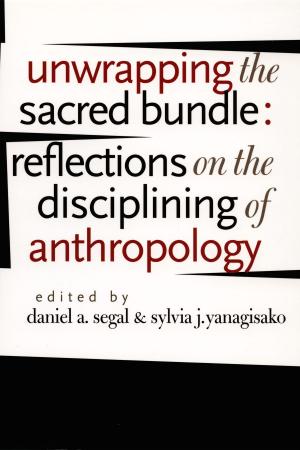Never Alone, Except for Now
Art, Networks, Populations
Nonfiction, Art & Architecture, Art History, Social & Cultural Studies, Social Science| Author: | Kris Cohen | ISBN: | 9780822372509 |
| Publisher: | Duke University Press | Publication: | October 19, 2017 |
| Imprint: | Duke University Press Books | Language: | English |
| Author: | Kris Cohen |
| ISBN: | 9780822372509 |
| Publisher: | Duke University Press |
| Publication: | October 19, 2017 |
| Imprint: | Duke University Press Books |
| Language: | English |
How is it that one can be connected to a vast worldwide network of other people and places via digital technologies and yet also be completely alone? Kris Cohen tackles this philosophical question in Never Alone, Except for Now by exploring how contemporary technologies are changing group formations and affiliations within social life. He identifies a new form of collectivity that exists between publics, which are built through conscious acts, and populations, which are automatically constructed through the collection of Big Data. Finding traditional liberal concepts of the public sphere and neoliberal ideas of populations inadequate on their own to examine these new forms of sociality, Cohen places familiar features of the web—such as emoticons, trolling, and search engines—in conversation with artworks by Felix Gonzalez-Torres, William Gibson, Sharon Hayes, and Thomson & Craighead to more precisely articulate the affective and aesthetic experiences of living between publics and populations. This liminal experience—caught between existing as a set of data points and as individuals newly empowered to create their own online communities—explains, Cohen contends, how one is simultaneously alone and connected in ways never before possible.
How is it that one can be connected to a vast worldwide network of other people and places via digital technologies and yet also be completely alone? Kris Cohen tackles this philosophical question in Never Alone, Except for Now by exploring how contemporary technologies are changing group formations and affiliations within social life. He identifies a new form of collectivity that exists between publics, which are built through conscious acts, and populations, which are automatically constructed through the collection of Big Data. Finding traditional liberal concepts of the public sphere and neoliberal ideas of populations inadequate on their own to examine these new forms of sociality, Cohen places familiar features of the web—such as emoticons, trolling, and search engines—in conversation with artworks by Felix Gonzalez-Torres, William Gibson, Sharon Hayes, and Thomson & Craighead to more precisely articulate the affective and aesthetic experiences of living between publics and populations. This liminal experience—caught between existing as a set of data points and as individuals newly empowered to create their own online communities—explains, Cohen contends, how one is simultaneously alone and connected in ways never before possible.















